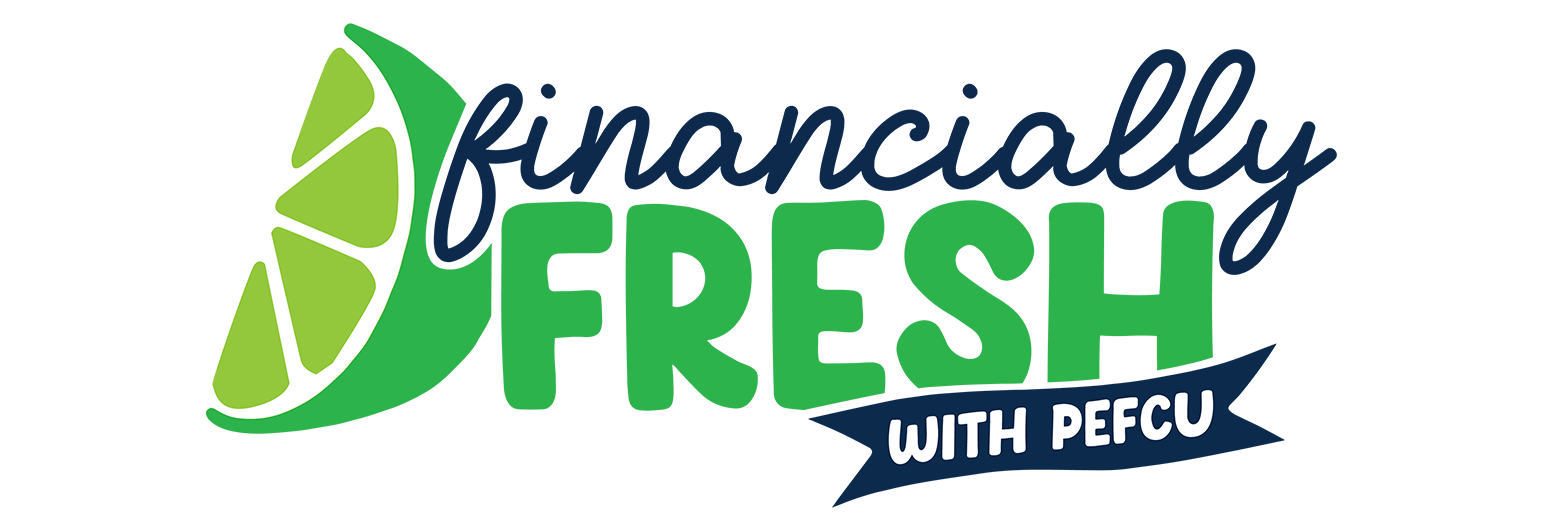December 1, 2023What Does It Mean to Be Financially Independent?
In the world of finance, the phrase “financial independence” is tossed around frequently. The challenge is that this concept isn’t one-size-fits-all; it means different things to different people. For instance, for someone in their golden years, financial independence might signify the ability to retire comfortably without the burden of a 9-to-5 job. However, for hardworking adults, it often boils down to breaking free from the paycheck-to-paycheck grind.
This article addresses the latter – helping working-class adults build confidence and peace of mind, knowing they’re financially equipped to handle whatever comes their way. Explore the four components of modern financial independence and incorporate the following tips into your lifestyle.
- Live Within Your Means
A lifestyle where your monthly income exceeds your expenses is paramount for financial independence. It’s impossible to get ahead and build your savings if your budget ends in the red each month. This status also means you’re not reliant on others, such as your parents, to help cover your bills.
The best way to ensure you’re not overspending is with an accurate budget. Yes, budgeting can often feel burdensome and restrictive. However, it’s necessary because it provides the foundation for the other three components of financial independence.
Read Why You Should Try the 50/30/20 Budget for tips for creating an accurate budget.
- Reduce Your Dependency on Credit Cards
Society today has conditioned consumers to feel credit card debt is not only okay but also the norm. However, it’s important to remember that credit cards are loans and generally have some of the highest interest rates around. Instead of relying on credit cards to make ends meet, you should use them primarily to help with cash flow and cover emergency expenses.
Reducing your reliance on credit cards is crucial to becoming financially independent. If you create and utilize an accurate monthly budget, keeping your credit card spending in check is much easier.
Read How to Reduce Your Reliance on Credit Cards for more tips.
- Secure Your Savings
Breaking free from the paycheck-to-paycheck cycle depends on your ability to save money. With an accurate budget and minimal credit card debt, it’s much easier to prop up your savings.
When it comes to saving money, most people want to jump right into higher-earning investments, like the stock market. However, your money is at risk, and accessing the funds in an emergency may be harder.
Instead, focus on building your savings habits first. Practice putting money aside frequently – even small amounts – into an emergency fund. For example, you might transfer $20 or $50 into your savings account weekly. Your goal is to create a savings routine that eventually becomes second nature.
Our blog Which Savings Options Are Right for YOU? will help you decide how to jumpstart your savings plan.
- Maintain a Healthy Credit Score
The final component of becoming financially independent is having an exceptional credit score. At some point in your life, you’ll need to borrow money. It might be for a new car or your first home. Knowing that you’ll be able to receive the necessary financing provides peace of mind. However, that’s far from the only benefit.
An excellent credit score also reduces the amount of interest you’ll pay on loans, which circles back to the other components. Lower interest rates will affect your budget less and allow you to allocate more money into savings. It will also help keep credit card debt at bay.
To take control of your credit, read our blog, Tips to Boost Your Credit Score.
We’re Here to Help!
Achieving financial independence requires discipline and consistent effort. The four components all impact one another and stem from your ability to create and utilize an accurate budget.
If you have questions about budgeting, consolidating high-interest debt, or creating a savings plan, we’re ready to help. Please stop by any of our convenient branch locations or call 800-226-6673 to speak with our Member Contact Center today.
Each individual’s financial situation is unique and readers are encouraged to contact PEFCU when seeking financial advice on the products and services discussed. This article is for educational purposes only; the authors assume no legal responsibility for the completeness or accuracy of the contents.


